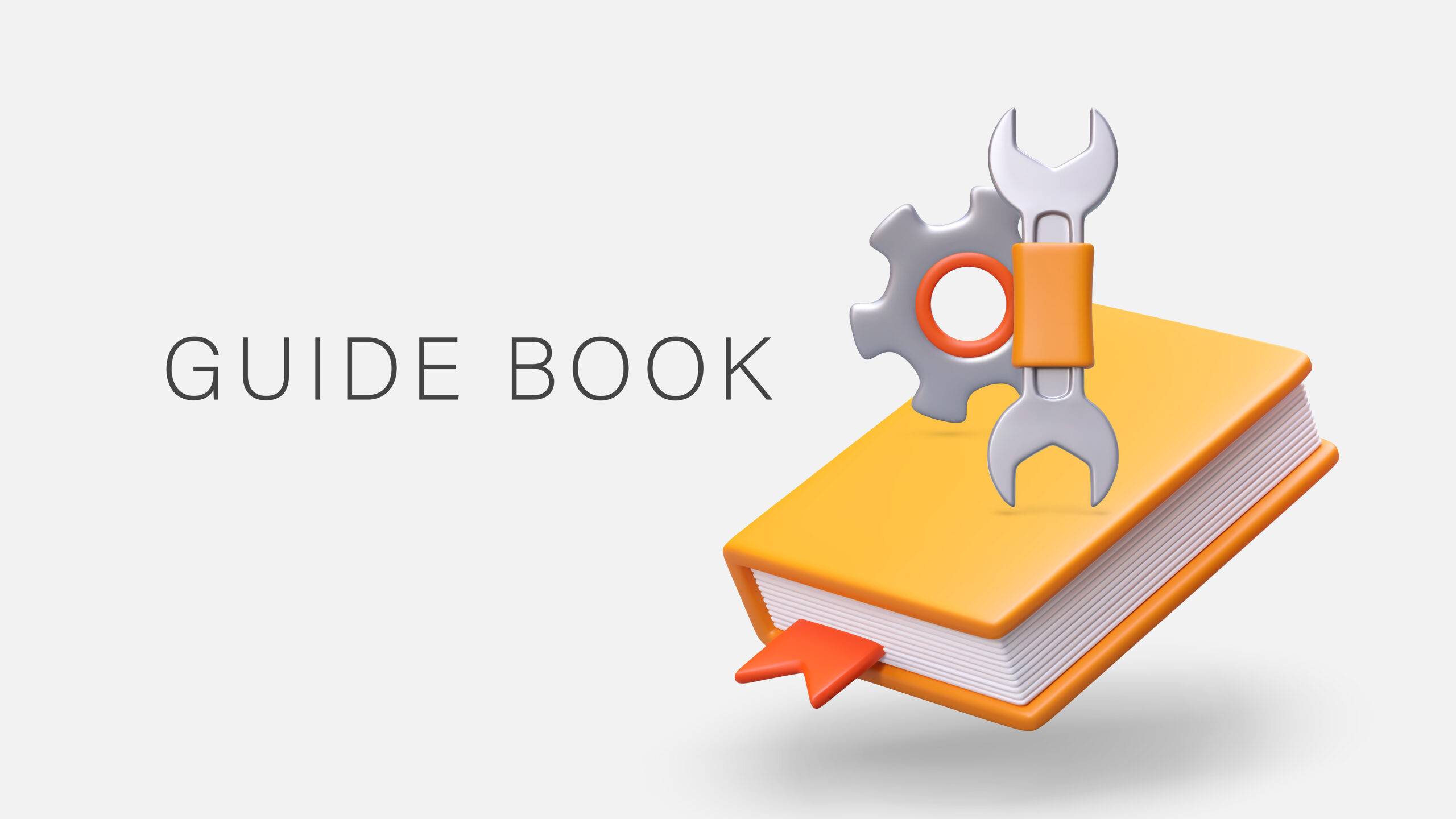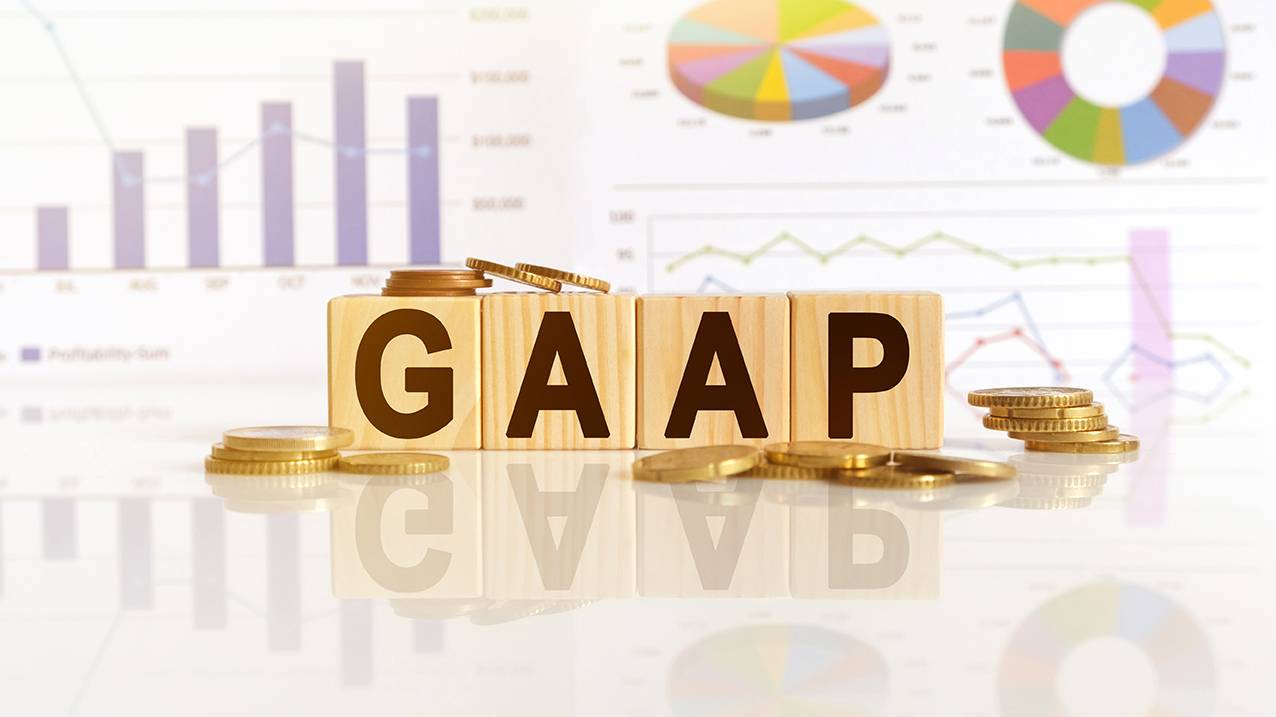Self-Study
Accounting Controls Guidebook
An essential guidebook from Steven M. Bragg on implementing control systems and preventing fraud.

$336.00 – $376.00
Webcasts are available for viewing Monday – Saturday, 8am – 8pm ET.
Without FlexCast, you must start with enough time to finish. (1 Hr/Credit)
Please fill out the form below and we will reach out as soon as possible.
CPE Credits
12 Credits: Accounting
Course Level
Overview
Format
Self-Study
Course Description
In today’s complex business environment, the difference between a reliable accounting operation and one in perpetual crisis often hinges on the robustness of its accounting controls. Steven M. Bragg‘s Accounting Controls Guidebook addresses this critical need, providing a comprehensive solution for enhancing accounting operations. Are you facing challenges in maintaining consistency and reliability in your accounting processes, or concerned about the potential for errors and fraud? This accounting controls CPE course covers a wide array of controls for individual accounting processes and related systems, from order entry and billing to payroll and cash forecasting. You’ll gain invaluable insights into the best practices for installing effective controls, identifying areas of concern, and understanding the nuances of various functional areas of a business. Equipped with this knowledge, you can transform your accounting operations into a model of efficiency and reliability.
Learning Objectives
Upon successful completion of this course, participants will be able to:
Chapter 1
- Recognize situations in which controls can be avoided or must be installed, the nature of the best controls, and areas of concern.
Chapter 2
- Specify the order entry process and examples of controls that can be inserted into the process.
Chapter 3
- Identify the procedure steps and controls used to process customer requests for credit.
Chapter 4
- State the controls used to deal with sales orders, drop shipments, back orders, and merchandise returns.
Chapter 5
- Cite the controls used in the computerized and manual issuance of invoices to customers.
Chapter 6
- Cite the controls that can be used to provide structure to the collections process.
Chapter 7
- State the controls associated with the receipt, recordation, and deposit of cash and checks.
Chapter 8
- Identify the different types of controls that can provide structure to the purchasing function.
Chapter 9
- State the controls that can be assigned to supplier invoice recordation and payments.
Chapter 10
- Specify the controls that can be inserted into the processing of employee expense reports.
Chapter 11
- Identify the controls needed to provide a secure environment for the use of procurement cards.
Chapter 12
- Specify the steps in the petty cash process flow, how petty cash can be replaced, and the controls that can be instituted for petty cash.
Chapter 13
- State the controls used in the receiving area, as well as the proper treatment of customer-owned goods.
Chapter 14
- Recognize the activities needed to create a proper payroll control environment, and the indicators of payroll fraud.
Chapter 15
- Identify the controls used to monitor, value, and report on fixed assets.
Chapter 16
- State the controls used for cash forecasting, funds transfers, stock issuances, and collateral monitoring.
Chapter 17
- Cite the controls that can be integrated into the period-end closing process, construction of financial statements, and chart of accounts.
Chapter 18
- Specify the controls that can be applied to acquisitions, gift cards, inventory recordation, and inventory valuation.
Course Specifics
1153298
August 29, 2024
There are no prerequisites.
None
295
Compliance Information
CMA Notice: Western CPE makes every attempt to maintain our CMA CPE library, to ensure a course meets your continuing education requirements please visit Insitute of Management Accountants (IMA)
CFP Notice: Not all courses that qualify for CFP® credit are registered by Western CPE. If a course does not have a CFP registration number in the compliance section, the continuing education will need to be individually reported with the CFP Board. For more information on the reporting process, required documentation, processing fee, etc., contact the CFP Board. CFP Professionals must take each course in it’s entirety, the CFP Board DOES NOT accept partial credits for courses.
Meet The Experts

Steven M. Bragg, CPA, is a full-time book and course author who has written more than 300 business books and courses. He provides Western CPE with self-study courses in the areas of accounting and finance, with an emphasis on the practical application of accounting standards and management techniques. A sampling of his courses include the The New Controller Guidebook, The GAAP Guidebook, Accountants’ Guidebook, and Closing the Books: An Accountant’s Guide. He also manages the Accounting Best Practices podcast. Steven has been the CFO or controller of both public and private companies and has been a consulting manager with Ernst & Young and …
Related Courses
-
 Accounting
Accounting
Accountants’ Guidebook
Steven M. Bragg, CPA QAS Self-Study
Credits: 30 $600.00
QAS Self-Study
Credits: 30 $600.00$600.00 – $640.00
-
 Accounting
Accounting
Accounting Fraud: Recent Cases
Joseph Helstrom, CPA QAS Self-Study
Credits: 1 $29.00
QAS Self-Study
Credits: 1 $29.00$29.00 – $49.00
-
 Accounting
Accounting
GAAP Guidebook
Steven M. Bragg, CPA QAS Self-Study
Credits: 29 $580.00
QAS Self-Study
Credits: 29 $580.00$580.00 – $620.00
